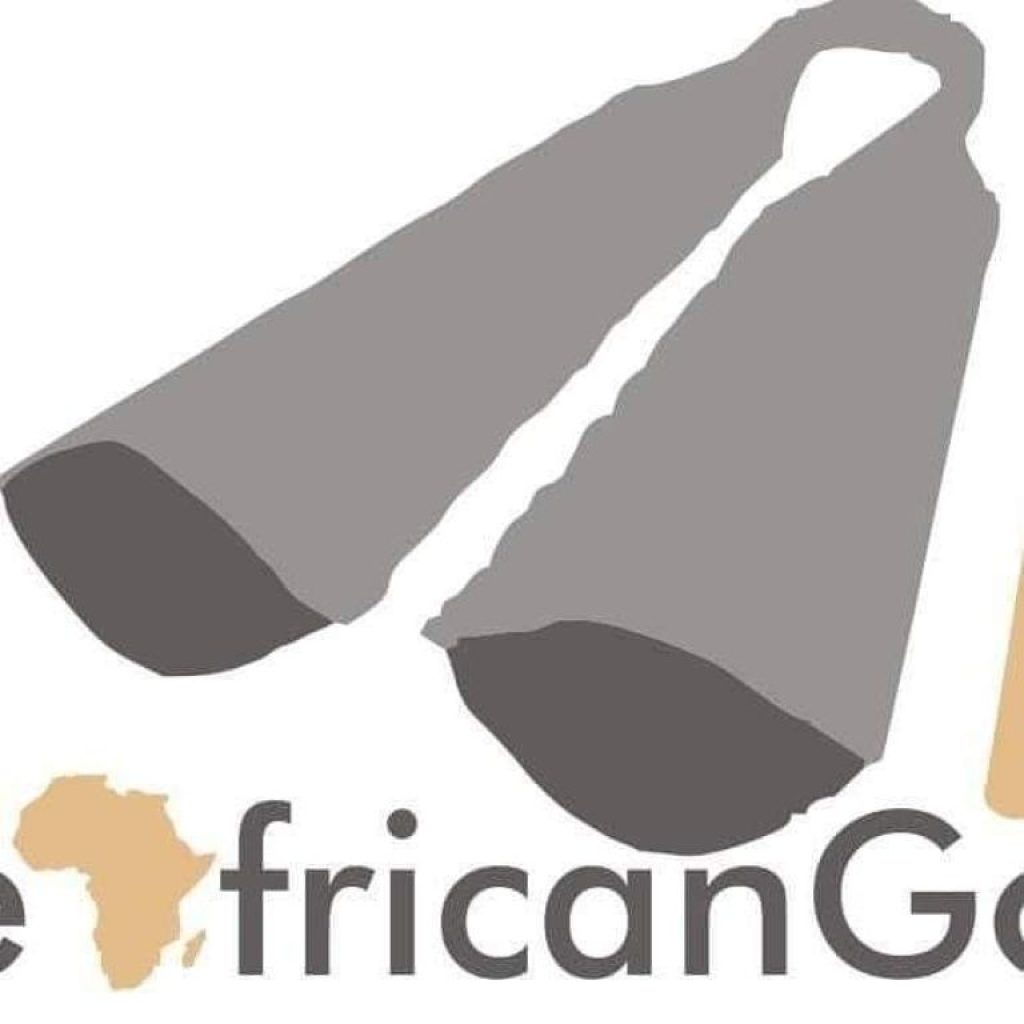
By Frank Meke
Nigeria is perhaps one of the few countries on earth where even angels would struggle to govern. We resist both bad and good governance with equal zeal. Many Nigerians want to be left alone to decide what should and should not be, often thriving in chaos and overburdening the structures of community and judicial dispute resolution.
Whenever our leaders present well-meaning policies for public buy-in, our default response is often to sabotage those efforts through backdoor agitations that discredit developmental strides.
The truth is, we are neither good followers nor good leaders.
This is my second intervention on the move by the National Institute for Hospitality and Tourism (NIHOTOUR) to regulate and certify industry players and institutions.
From its inception, NIHOTOUR was established to bridge the industry’s knowledge gaps in tourism, hospitality, and travel trade. It was originally birthed as a collaborative initiative supported by the International Labour Organisation (ILO) and the United Nations Development Programme (UNDP) to advance the emerging cultural tourism economy in Nigeria and the West African coast. Sadly, over time, the institution has struggled to fulfill its mandate, weighed down by poor funding and institutional corruption—challenges that continue to plague the sector.

In the ongoing debate, we see how some sectors of the economy have weaponized emotional blackmail and misinformation to downplay the importance and urgency of regulation and certification. This exposes our general lack of strategic thinking and resistance to the kind of change necessary for us to be ranked globally in the tourism trade.
I carefully read the latest position from the Ministry of Culture, Tourism, and Creative Economy. Its message is clear: Get prepared for regulation and standardization.
Just last week, the Federal Competition and Consumer Protection Commission (FCCPC) sealed off about five visa processing firms for violating consumer rights. Unfortunately, their enforcement team was harassed and denied access to carry out legitimate oversight duties—a typical Nigerian response to regulatory intervention.
In the case of NIHOTOUR—and perhaps later, the Nigerian Tourism Development Authority (NTDA)—when government agencies introduce policies and legal frameworks for managing the sector, the right thing to do is to engage, collaborate, and run with those policies.
Running to court at the slightest discomfort is not the solution. It never has been. What we need is a spirit of patriotism, collaboration, and genuine partnership.
In today’s world, no serious government body will walk into your space without first following the proper channels of engagement. If you receive compliance letters or notifications on legal mandates, the responsible thing is to acknowledge them and send a team—possibly with a position paper—to present your concerns and propose reasonable alternatives.
A listening government, as we seem to now have, will always make room for dialogue and inclusive service delivery. Yes, we’ve had leaders in the past who failed to consult the people. We protested, we objected. But we didn’t hide under shady legal tactics to remove them.
This current challenge with NIHOTOUR is not a case of a bridegroom arriving without notice. It’s more of us behaving like the five foolish virgins—unprepared when the bridegroom came.
The NIHOTOUR Regulatory Act has been around since 2022—over four years ago. We had more than enough time to form coalitions, engage legal minds, and prepare for implementation. But instead, some of us, particularly certain groups in the hospitality sector who have failed to build meaningful relationships with other industry players, chose to leap into litigation and manipulate public sympathy to support their cause.
When these issues are eventually resolved—and I believe they will—I will share the behind-the-scenes efforts made to bring everyone to the table for negotiation and collaboration.
Yes, the NIHOTOUR Act 2022 is currently being challenged in court by some hotel owners under a particular association. But let’s be clear: not all hotel owners belong to that association.

In fact, the proliferation of countless associations and groups in the cultural tourism space should be a concern to any serious government. The only way to bring sanity to this disorganized environment is to implement a sustainable regulatory framework with the power to check the abuse of our constitutional right to associate—for the greater good of our businesses and the nation.
This is not about letting sleeping dogs lie in the graveyard of the past. It’s a wake-up call. We all need to rise, engage, and become active contributors to the growth of our sector and our country.

The NIHOTOUR regulatory bridegroom is here—not as a lion to devour, but as a platform for service. Soon, more such platforms will emerge. The best response is to prepare ourselves and work with government and the National Assembly to establish a sustainable regulatory legacy—one that will make doing business in Nigeria’s cultural, hospitality, and tourism sectors easier, globally competitive, and more rewarding.
Somebody shout, Amen!
